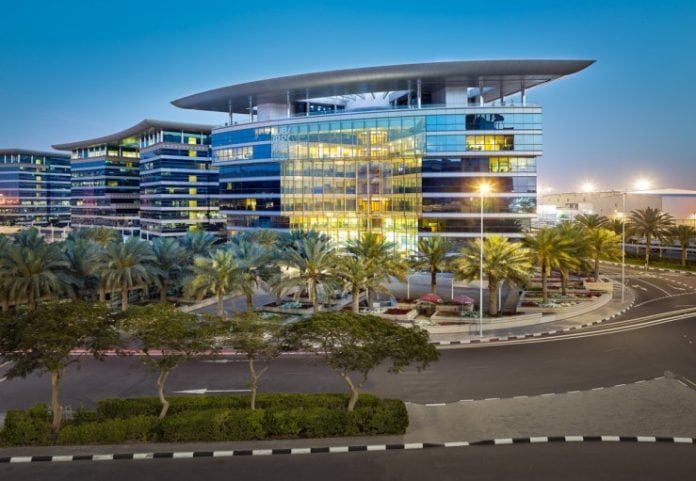
Dubai Airport Freezone Authority (DAFZA) has reduced business setup cost by up to 65%, as part of its aim to increase DAFZA’s regional competitiveness and activate a number of key sectors by attracting foreign direct investment (FDI). Supporting Dubai’s efforts to become an ideal destination for investment and prosperity, the decision will help achieve further stability for the operational processes of free zone companies and consequently sustain and drive investment growth.
H.E. Dr. Mohammed Al Zarooni, Director General, DAFZA, said: “This new approach falls in line with the directions of His Highness Sheikh Mohammed bin Rashid Al Maktoum to boost Dubai’s economic competitiveness. This is being done through a number of initiatives and incentives that aim to attract and promote FDI into the Emirate, ensuring sustainable growth across all economic sectors and strengthening Dubai’s status on the world economic stage.”
H.E. Al Zarooni added: “These incentives were agreed upon following comprehensive studies and polls evaluating the free zone’s initiatives, services, and business environment. This has allowed us to ensure flexibility at DAFZA in meeting the requirements of new foreign investors and current customers. We are offering unique services that take into account the global economic climate and allow customers to increase earnings and operating profits as well as achieve business growth and prosperity. The ultimate goal is to drive local economic development and support the sustainability of direct FDI, accelerating and increasing its contribution to Dubai’s GDP.”
Reduced business costs
DAFZA has revisited and reduced registration, license, and staff visa fees for new investors by 65%, 33%, and 20%, respectively. Establishment card issuance fees have been cut by 17%, while fees for Board Resolution and MOA issuance have been waived.
The new incentives include facilitating the process of obtaining general trading licenses for new investors by having the capital requirement from AED 1 million to AED 500,000. DAFZA has also allowed its member companies to be structured as a Limited Liability Free Zone Company (FZ-LLC), in a bid to provide more flexibility in business setup, licensing and operation.
In addition, DAFZA has waived license expiry fines in an effort to relax the terms of license renewal. Allowing the restoration of legal records and licenses, the decision will help investors renew their expired license without paying any late renewal fines. This reflects DAFZA’s constant support for the growth of business sectors and its commitment to remove all the obstacles faced by them in order to develop the economy and create a competitive, investment-friendly business environment.
Free zone licenses restructured
DAFZA has launched a restructuring process of free zone licenses and related fees. This will enhance the setup and operation experience for investors who wish to set up in the free zone by offering them greater flexibility in choosing the business and service activities that best correspond to the nature of their work.
Seeing the number of economic activities which are over 2,000 across 18 major sectors, the new license structure will be in line with ISIC Rev 4, the UN benchmark for classification of economic activities. The new license structure will be introduced to new investors and current customers at the end of Q3 2018.
DAFZA declared that more initiatives and incentives are in the pipeline, including facilitating the issuance of No Objection Certificates, in order to facilitate investment processes and provide an optimum business environment that will continue to attract FDI.
The new facilities are in line with the strategic objectives set by the free zone to contribute to boosting the economy by offering comprehensive solutions instrumental to promoting investment and encouraging investors to set up and expand businesses. They are also part of wider efforts to realize Dubai Plan 2021 and other governmental strategies that aim to achieve the transition to the post-oil era by supporting economic diversification policies.




































